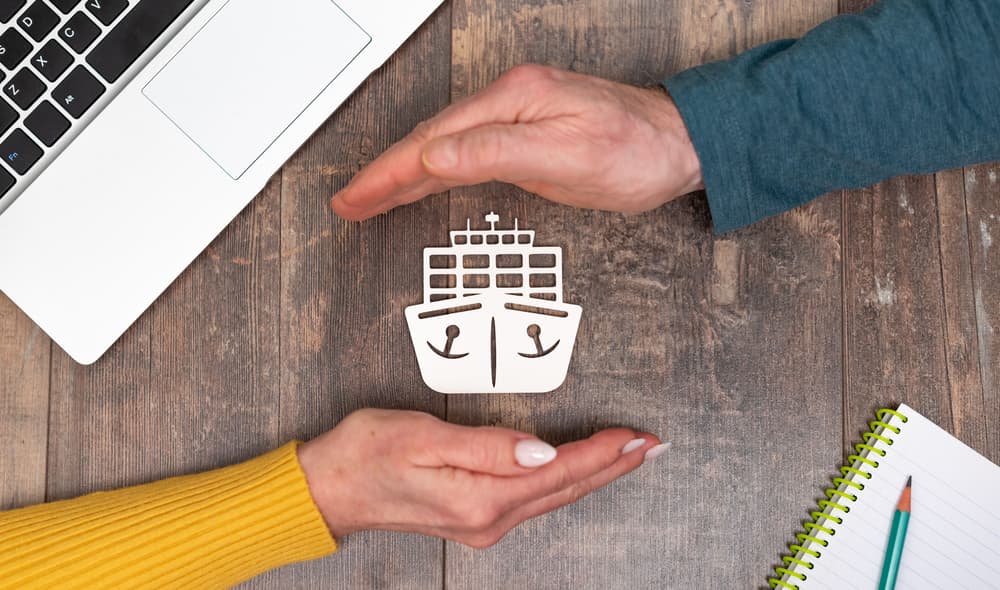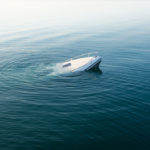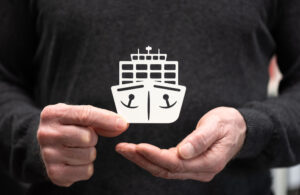
When you’re shopping for marine insurance, there are some common boat insurance terms you should be aware of. This guide reviews these terms so you know what they mean when you’re shopping for coverage.
Boat Insurance Terminology
It’s important to know common boat insurance terms when you’re shopping for marine insurance. Not only will knowing what these terms mean help you know what’s covered in your policy, but you can use them to customize your boat insurance policy to your needs.
Navigational Limits
When you see this term in your policy, it means that your coverage only applies if you operate your boat within defined zones. An example could be that you’re only allowed to travel a set number of miles away from shore or that you can’t exit your Canadian boundaries. Not knowing about these limits could lead to claims being denied if you’re outside navigational limits when an accident occurs.
Operators
The people whom you plan to allow to operate your boat are called the operators. It’s important to add everyone you plan on permitting to use your boat to your policy. The number of operators and each person’s information could determine your insurance rate.
Lay-up Period
If you’re planning to keep your boat stored somewhere for certain times of the year, you can save money on insurance through a lay-up period. This is a set time when you’re not going to use your boat, and your insurance won’t cover it during this time either. The most common lay-up period is during the winter when most people don’t plan on going boating.
Pollution Liability
This is a type of liability coverage that pays for cleaning up oil and fuel spills. If you’re responsible for gas or oil leaks, you may be held liable for the cost of cleaning the waters to protect marine life. Pollution liability covers you if you’re found at fault for a spill.
Towing Liability
If you’re going to use your boat to pull anything behind it, such as water skiers or other watercraft, this coverage is necessary. It protects you if you’re at fault for any accident that involves towing.
Emergency Services
The definition of emergency services can vary between insurance companies. Due to the ambiguity of this term, it’s best to make sure that your insurance company gives you a clear definition of what’s covered. In many cases, services such as recovering a lost boat or towing you to shore could be covered, among other things.
Date Restrictions
Like a lay-up period, date restrictions define when your boat isn’t covered. Some people find they can reduce their marine insurance payments if they purchase policies with date restrictions, but this also means that you’re not always free to plan your boating adventures on your own schedule. If you have date restrictions, there are specific dates you’re allowed to use your boat.
Brown Water
Brown water is a term that means the first five miles off the coast.
Blue Water
Once you leave brown water, you’re in blue water, which is any water more than five miles away from land.
Agreed Value
If you choose to take out a boat insurance policy with an agreed value provision, you’ll know the exact amount of money you can claim in a situation where you declare a total loss. You and your insurance company come up with an agreed value of your boat and any hardware you bring along before you take out the insurance policy.
This is a good way to ensure you can buy a new boat if you suffer a total loss. Without this policy provision, your insurance company will only compensate you for the current market value of your property, which could be significantly lower than you paid for it.
How to Read and Understand Boat Insurance Policies
There isn’t any standard boat insurance policy, so it’s easy to purchase coverage without knowing what you’re getting. This is why you need to take the time to read your policy before you purchase it. When reviewing the policy, consider the following:
Is It Liability Only?
Liability coverage protects you from being sued when your missteps lead to injury or property damage. If your policy only covers personal liability, however, you’re on the hook for the cost of repairing or replacing your own property.
What Are the Coverage Conditions?
Coverage conditions include things like date restrictions, navigational limits and the covered operators. It’s important to understand what limits your policy has because if you don’t abide by the rules, the policy becomes useless.
Other conditions not mentioned in the terms above might include whether you’re allowed to use your boat for private or commercial use and if you can live on your boat during the layup period.
How Is Your Property Valued?
It’s important to review whether your policy is an agreed-value policy or an actual cash-value policy. This lets you know what you could expect if you need to file a claim after an accident. While actual cash value policies are cheaper upfront, they could be costlier if you need to file a claim.
What’s Excluded?
There are some things that your insurance won’t cover, such as if your boat is damaged due to your own negligence, an act of fraud. Poorly maintaining your boat, wear and tear and operating in freezing weather are other common exclusions.
Your Deductible
Marine insurance comes with a deductible. This is your responsibility when you’re in an accident. For example, if you have a $1,000 deductible and the cost of repairs is $5,000, your insurance would only pay $4,000.
Let Portside Insurance Find the Perfect Policy for You
Navigating the complexities of boat insurance can be frustrating. This is where we come in at Portside Insurance. We can help you find the perfect policy to suit your needs, and help you understand all the terminology in the process. Contact us today to get started.





